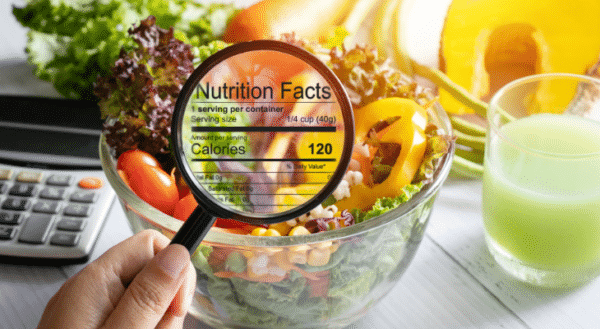How to get your food approved under the Food Standards Code
Highlighting your brand's immunity credentials is a smart marketing tactic - provided you get it right.
These days immunity is big business – and not just when it comes to supplements. One in two Australians say they’ve started eating healthier lately to boost their immunity, with roughly the same number actively seeking out food with ‘added nutrition’.
“Immunity is a big drawcard in our current environment, particularly given how things have unfolded this year,” says Sharon Natoli, Director of Food & Nutrition Australia. “It’s also likely that it will continue to be extremely relevant as we learn to live with our new normal and emerge back into the community.”

If your food brand has immunity-related credentials, it makes sense to highlight them. We asked Natoli to explain what you can and can’t claim.
Q: The Australia New Zealand Food Standards Code allows immunity claims to be made about products that contain sufficient amounts of specific nutrients. Can you tell us more?
Natoli: The nutrients in the Food Standards Code that enable a health claim to be made about the presence of that nutrient and immunity include selenium, zinc, iron, copper, vitamin D, vitamin A, B6, B12, vitamin C and folate. To make a claim about immunity, the food product needs to have at least 10 per cent of the recommended dietary intake per serve. It also needs to pass the Nutrient Profiling Scoring Calculator. Working out the amount of the nutrient that’s present in a food can either be done through accredited laboratory testing or by calculating the amount using food composition data.

Q: Once a brand has confirmed that one of those 10 nutrients is sufficiently present and can make an immunity-related health claim, are there rules around what can and can’t be claimed?
Natoli: Brands can make claims that imply the presence of the nutrient helps maintain the immune system or supports immune system function. The key thing with the wording for general level health claims is to make sure it implies ‘maintenance’ and doesn’t refer to ‘enhances’ or ‘boosts’ or words that have a similar meaning. It also needs to reflect the wording that’s pre-approved for that nutrient in Schedule 4 of the Food Standards Code.
The wording isn’t prescribed by the code, but a brand does need to make sure the wording it uses has the same intent. Any claims made also need to be ‘relevant’ and ‘accurate’. ‘Relevant’ means considering the nature of the product and that the wording of the claim is appropriate for both the product and the target consumer. And ‘accurate’ means that it ticks all the boxes, not just in terms of the amount of the nutrient present, but also listing the nutrient in the nutrition information panel, including a dietary context statement with the claim. It also can’t over-emphasise the effect a consumer can expect ¬– for example, highlighting consideration of the product within the overall diet is important to ensure balanced communication.

Q: If none of the 10 immunity-related nutrients is present, or isn’t present in large enough amounts, does that mean immunity-related health claims are out of bounds for food products?
Natoli: If none of these nutrients is present in sufficient amounts but a company wants to make an immunity claim, then the other avenue is to undertake a systematic literature review to support a claim for another substance that may be present in the food, or added to it, and for which there is evidence that is has an effect on immunity.
Food Standards Australia New Zealand enables general level health claims to be made this way if a company follows the process for undertaking a systematic literature review as outlined in the code. For example, there are products in the market that link the presence of probiotics with immunity and for which these claims are based on an independent literature review, as these claims are not pre-approved in the code.
If you found this article helpful, subscribe to Naturally Good News for regular updates and the up-to-date advice for your natural, organic and health business.
-
Get your FREE ticket
- REGISTER FOR FREE
